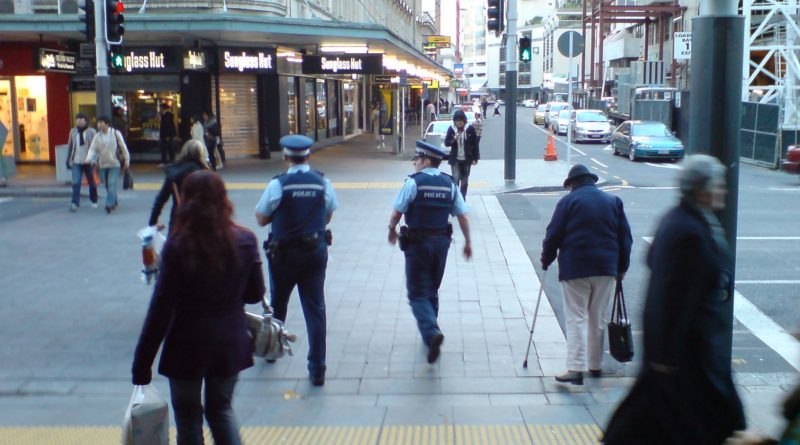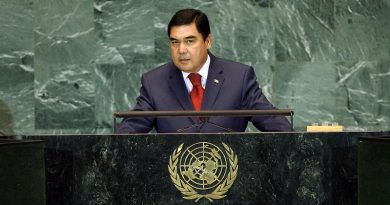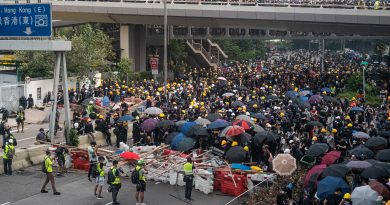Focus on Firearms: New Zealand
Gabrielle Goldworm
Staff Writer
On March 15, two consecutive mass shootings began near the Al Noor Mosque in Christchurch, New Zealand, reports BBC. In their aftermath, 50 people were dead and 50 more were injured, making the events of the day the deadliest attack in the modern history of the country.
New Zealand Prime Minister Jacinda Ardern proposed an outright ban on semi-automatic weapons and assault rifles six days after the attacks, and this action was met with widespread public support, despite backpedaling from the State Attorney General, who stated that it might not be the government’s final decision, according to a New York Times report.
The response to the attacks in New Zealand seem to be a far cry from those of the United States government in the aftermath of recent attacks like the Pulse Nightclub Shooting, the Sandy Hook Shooting, and the Parkland shooting, all of which left the government in gridlock over whether or not to even discuss gun control legislation. Despite the lack of immediate consensus on how to proceed, New Zealand’s unique gun-culture and history of firearm legislation has made for a post attack discussion quite different from those typical in the U.S., and elsewhere.
Prior to the Christchurch attacks, New Zealand had what the New York Times referred to as a “sliding scale of restrictions.” Gun owners require a license, but more commonly used firearms such as hunting rifles are never registered and can be bought and sold in large quantities far more easily. Handguns and semi-automatic weapons are harder to purchase, requiring a permit and a separate license.
While parts of New Zealand’s relationship with firearms are similar to those of the U.S., Canada, and Australia, owning a gun is notably not considered a constitutional right. The demographics of gun ownership reflect this; of 3.9 million New Zealanders, only 238,000 (or 6 percent) hold a gun license, reports the New York Times.
Additionally, New Zealand has a longstanding historical precedent for restricting access to weapons. In 1845, colonial leaders made efforts to stop the flow of muskets into tribal areas and in 1990, in the aftermath of a shooting that resulted in the death of 13 people, the parliament enacted additional restrictions on semiautomatics and handguns, says the Washington Post. Before Christchurch, the events of 1990 Aramoana Massacre were considered the worst in the nation’s history.
The Christchurch attack occurred in a nation unused to waking up to hear about mass shootings on the news and were all the more devastating for it. Action in the wake of the attacks was swift, decisive, and very nearly unanimously agreed on by New Zealand officials, with even the center-right National Party criticizing the proposed legislation for not going far enough, says USA Today.
Criticism of the policies the parliament intends to enact have come mostly from sources outside the country, such as right-wing officials and news outlets in the U.S. and Australia, as seen in the National Review and The Washington Post. In a country where prior gun legislation appears to have lent itself to decades of tragedy prevention, it seems New Zealand intends to stay the course when it comes to firearms.



